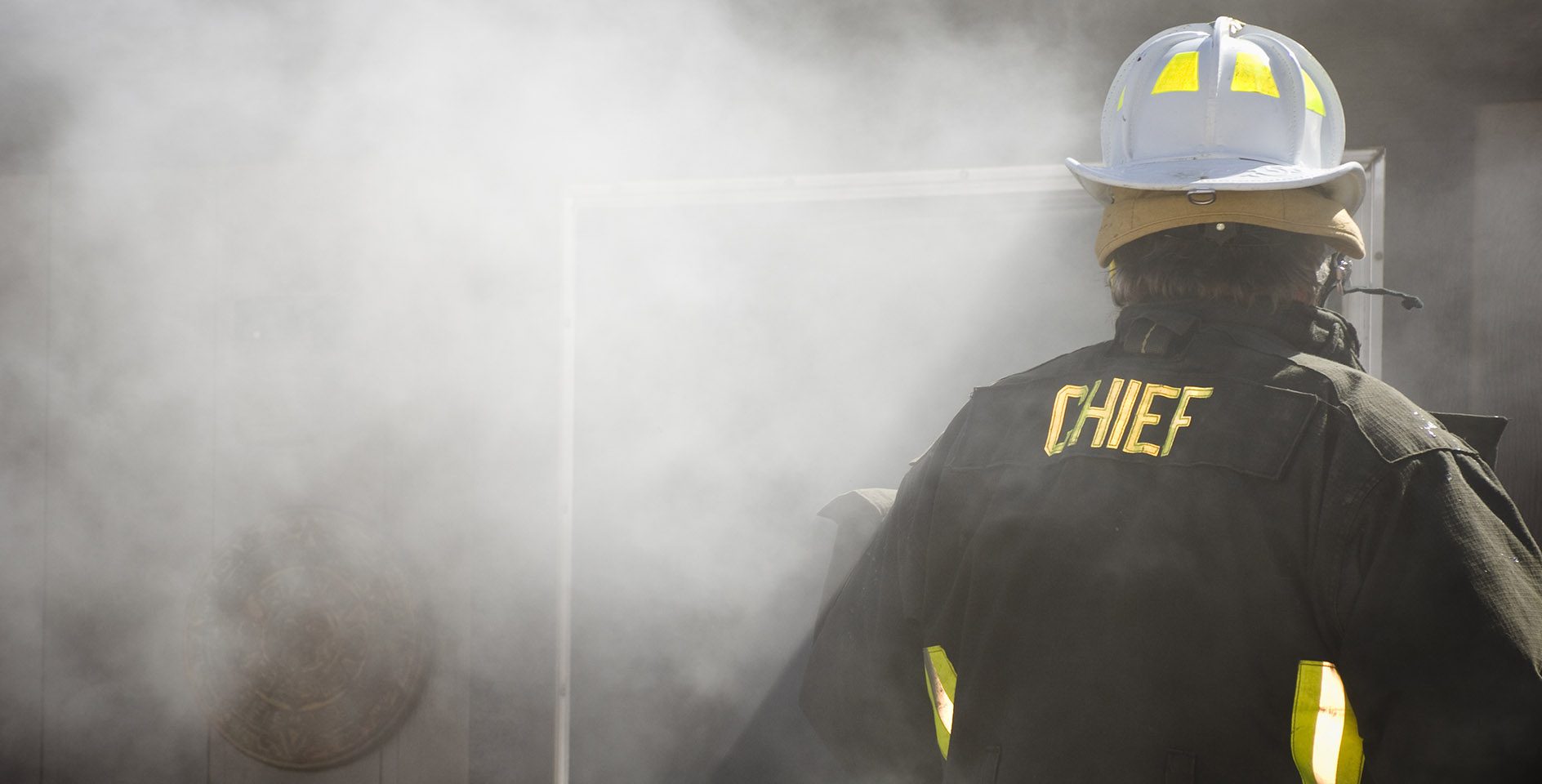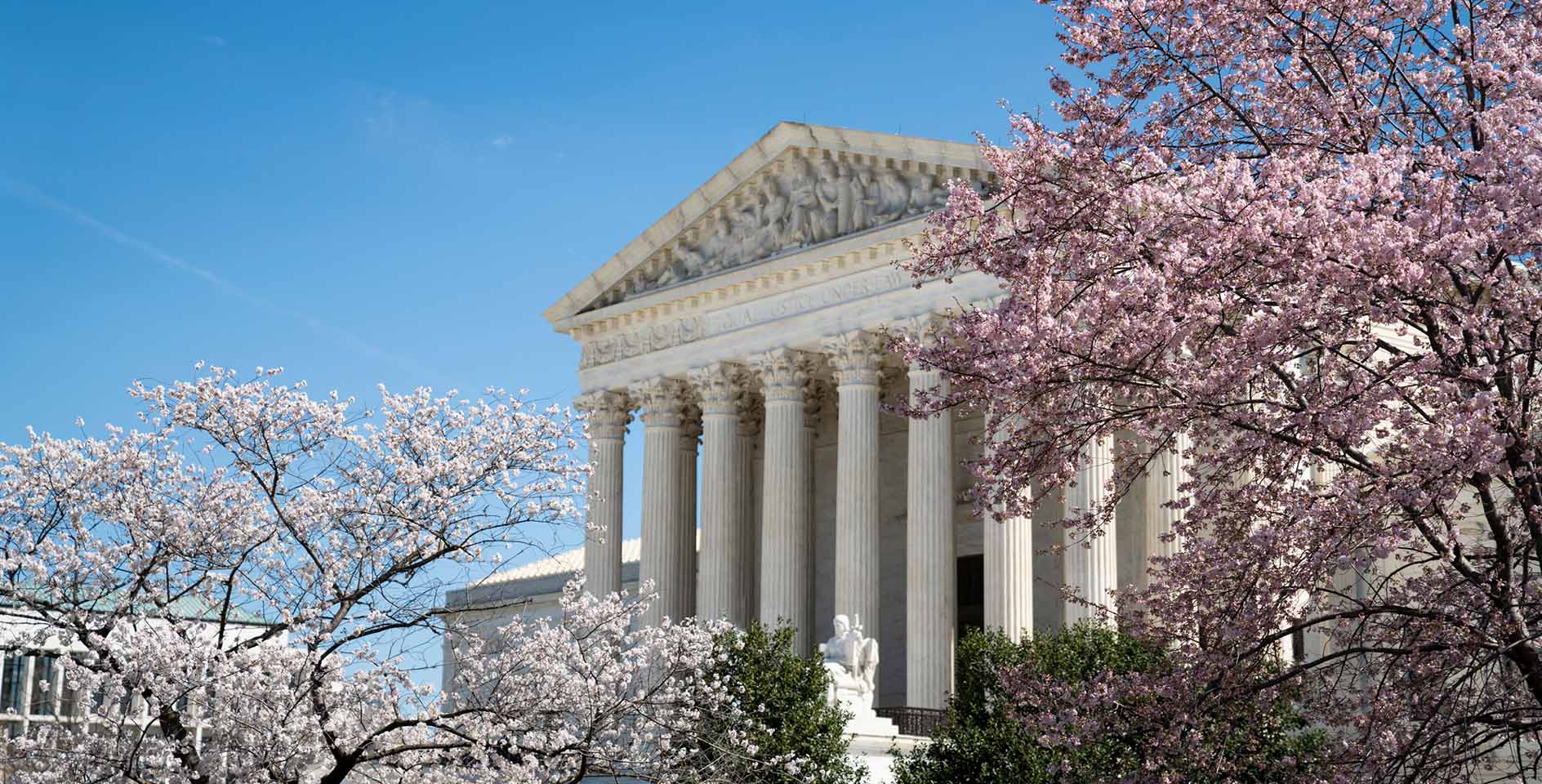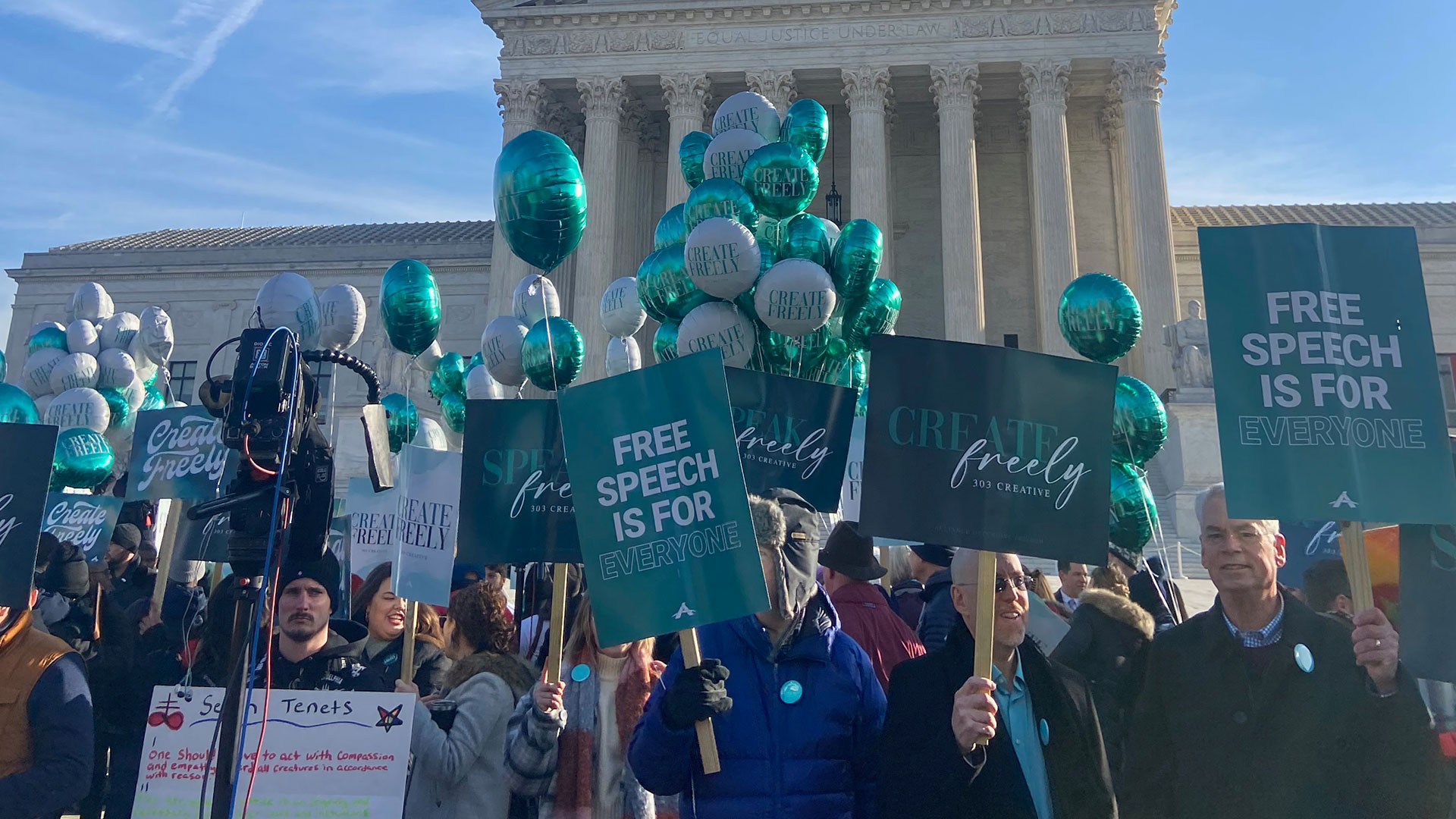On November 24, 2014, Atlanta Mayor Kasim Reed suspended the city’s Fire Chief Kelvin Cochran for 30 days without pay. What was the reason for his suspension? Chief Cochran authored a book on Christian values titled, Who Told You That You Were Naked.
In his book, Cochran argues the only way to fulfilling one’s purpose as a husband, father, and community leader is through faith in the redemption brought about by Christ for sinners. He calls men to serve Christ by being faithful husbands and fathers. The part of the book that led to his suspension was a few pages in which he advocated for the historic, orthodox Christian view of marriage between a man and a woman.
During his 30-day suspension, an investigation was launched by the City of Atlanta to uncover any discriminatory behavior by Chief Cochran while in office. The results of the investigation cleared Cochran from any discriminatory behavior as head of the Atlanta Fire Department. In spite of the investigation, Cochran was still fired at the end of his suspension.
For more than three years, Chief Cochran and his attorneys from Alliance Defending Freedom fought the unjust termination until December 20, 2017, when a federal district court ruled that the city’s policy regarding the approval of speech outside of the workplace was unconstitutional. Their non-work speech policy allowed for city officials to discriminate against employees who held differing views, including differing religious views. As a result, Chief Cochran filed a lawsuit against the city of Atlanta. On Monday, October 15, 2018, Atlanta settled by agreeing to pay their former fire chief $1.2 million for wrongful termination.
The significance of the recent ruling
The significance of this ruling must not be missed. First, the person who was fired is significant. The employee terminated was not a fresh recruit or a disgruntled co-worker, but the accomplished fire chief. Cochran’s career as a firefighter began in Shreveport, Louisiana, in 1981. He later recalled the racial discrimination he endured by not being allowed to sleep in the same area with the white firefighters and not being allowed to use the same dishes as the white firefighters. Despite this adversity, Cochran became the first African-American fire chief of Shreveport in 1999.
His success as a fire chief led him to be appointed as the US Fire Administrator, the top firefighter position in the country, by President Barack Obama in 2009. After his service as US Fire Administrator, Cochran was appointed to serve as fire chief of the Atlanta Fire Department in 2010. He served in that position until his firing in 2014. Kelvin Cochran was not only the fire chief of one of the largest fire departments in the South, but he had held the highest position a firefighter could hold in the country. His firing signaled to the rest of the country that no matter who you are, you too can be terminated for holding a historic Christian view of marriage.
Second, the circumstance of the firing is significant. Chief Cochran was not fired for teaching his views on marriage in a workplace training seminar for all of his cadets. Nor was he fired for discriminating against others for their views on human sexuality in the hiring process. Instead, he was fired for holding Christian views and writing about his faith in his spare time. The ruling defended and awarded Cochran’s Constitutionally protected right to free speech in allowing him the ability to publish books inspired by his faith.
The court ruling is not only a win for Kelvin Cochran but also religious liberty for all. Though this case came down to the right to free speech, it also included the necessity of religious liberty for all people. What brought about the displeasure and fury of Atlanta’s city council? The answer is Cochran’s biblical views on the sanctity of marriage. The city council believed his views were not only out of step with their own, but also dangerous and worthy of termination. Cochran’s belief on marriage as between one man and one woman is not novel or extreme. His views are what Christians have historically taught over two millennia. Cochran’s victory means that private businesses and the government could incur financial penalties in the future if they choose to fire employees for holding similar views on sexuality.
If the once-top firefighter of the country could lose his job for advocating for his religious beliefs outside of the workplace, then what chance does the average employee have? The court, however, ruled correctly and awarded Cochran for his wrongful termination. Advocates for liberty on all sides of the religious debate should rejoice in this decision. The conscience belongs to God, not the government. And with this ruling, government entities and private companies have once again been put on notice regarding the limits of their authority.









